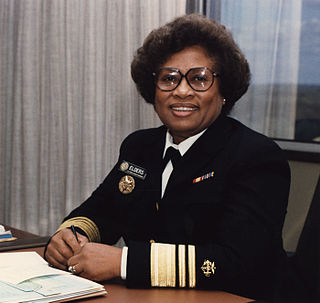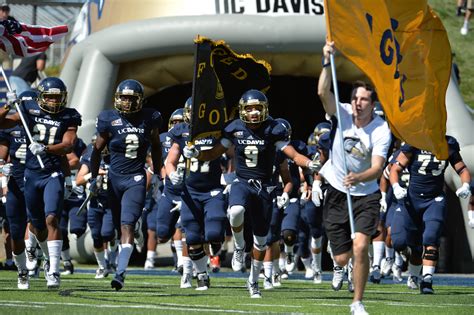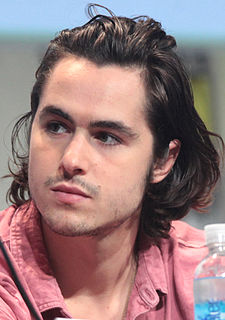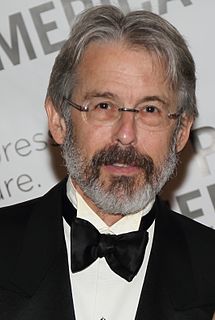A Quote by Henry Rollins
Guns are part of the American identity.
Quote Topics
Related Quotes
My biggest challenge is to educate the American people, to make access to health care available for all, and to make sure that prevention plays a big part in health care. In the case of guns, prevention means we prevent homicides and devastating, expensive gun injuries by preventing those who shouldn't have guns from getting their hands on guns.
What does it mean to be an American today? The question of that is always pointing at now. It allows someone to say what lens that will be through. A lot of my work has been about identity in different ways. Part of that for me falls into the question of gender identity certainly but also about what it means to be an American theater artist.
I've spent my whole career trying to stay out of any box that anyone could put me in. 'I'm going to do a play now.' 'Now I'll do a musical.' That was my instinct. So I don't feel boxed in. But 'African-American woman' is part of my identity. I don't want to relinquish that - especially as a mother, helping my daughter find her identity.
Murders with guns are the No. 1 cause of death for African-American men between the ages of 15 and 34. But talking about race in the context of guns would also mean taking on a subject that can't be addressed by passing a law: the family-breakdown issues that lead too many minority children to find social status and power in guns.
I've never felt more American than I did when I moved to England. It becomes a real kind of part of your identity: "Oh, Ben. He's the American guy." I think when you say you're from New York you get a different reception then if you just say, "I'm American." So I'd always kind of make sure I was a New Yorker first.
American cops are the ones who are in the emergency rooms. They're the ones who go to the morgues. They're the ones who have to go tell the families that their son is not coming back, their husband, their wife, is not coming home that night. So when we talk about guns and gun violence and police, let's understand that as well. No one wants guns off the streets more than cops because cops are killed by those guns.
The identity of just one thing, the "clash of civilization" view that you're a Muslim or a Hindu or a Buddhist or a Christian, I think that's such a limited way of seeing humanity, and schools have the opportunity to bring out the fact that we have hundreds of identities. We have our national identity. We have our cultural identity, linguistic identity, religious identity. Yes, cultural identity, professional identity, all kinds of ways.



































